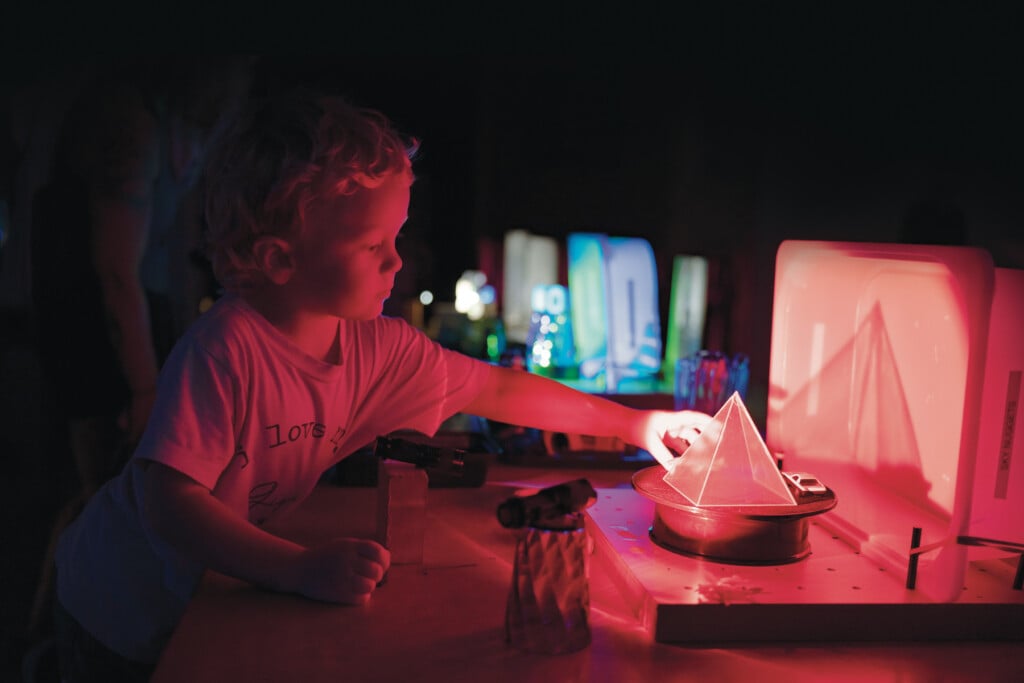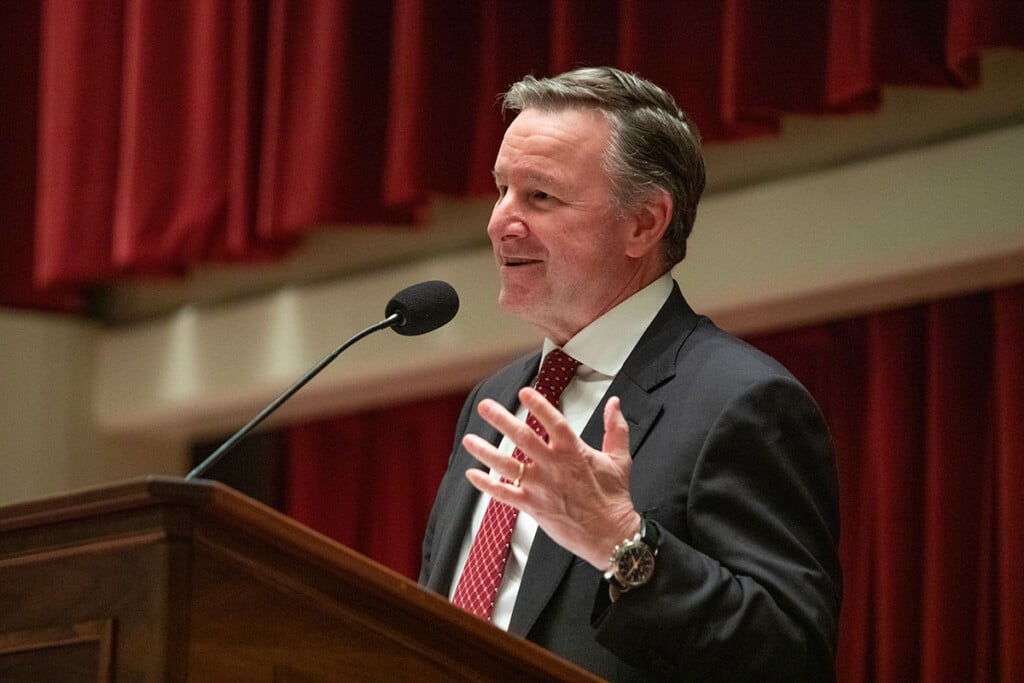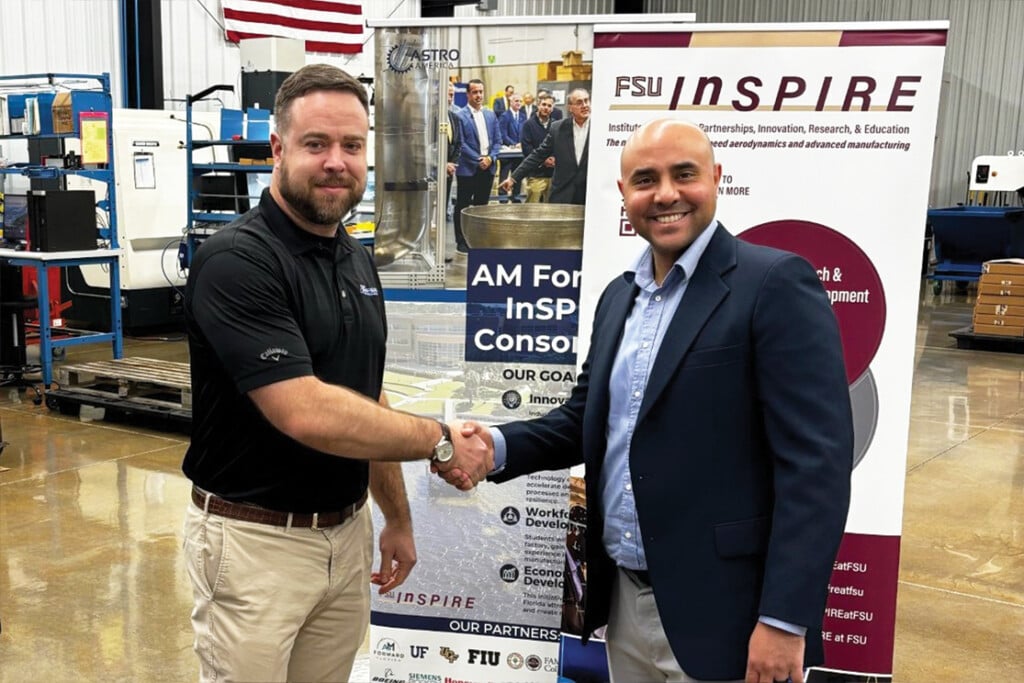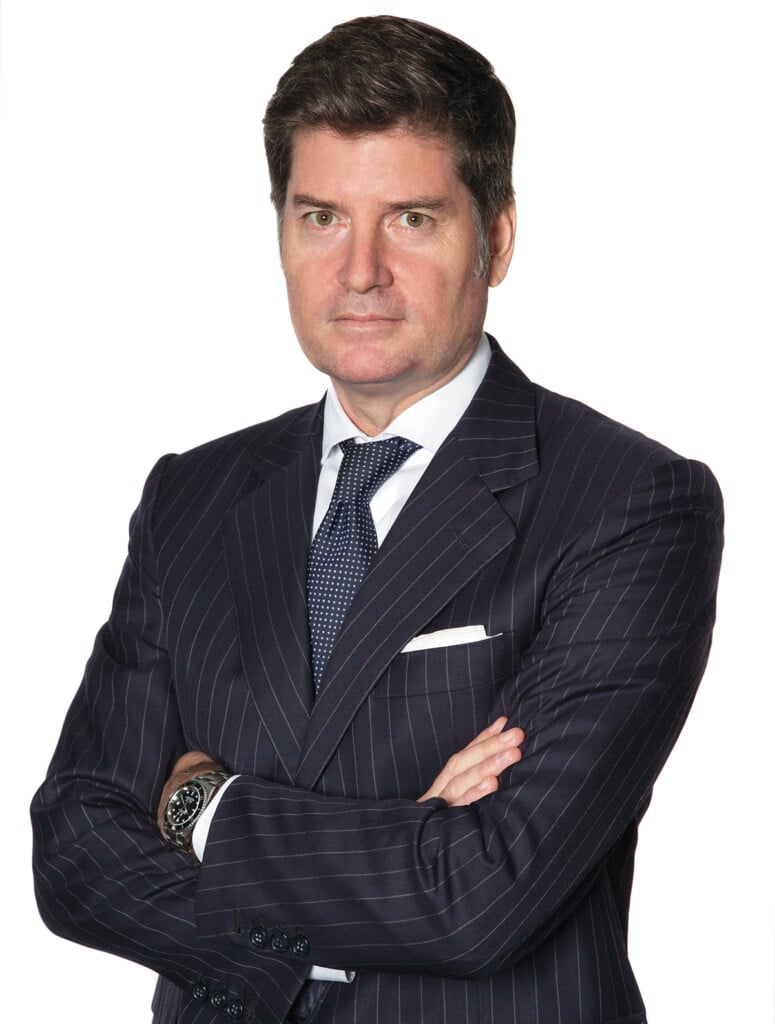Grounding Our Future
Alternative education helps all students excel

The rapid change of technological innovations has made the job market more competitive, creating an edge for students who pursue extracurriculars related to the field they will eventually follow. There seems to be little connection between a verdant Florida field of cattle, a workshop buzzing and beeping with robots, and the gently lapping waves of the Gulf; however, these are all examples of classrooms, classmates, and teachers spanning the nontraditional learning spectrum.
From homeschooling to immersive after-school activities and clubs, learning outside of the classroom has become crucial for students seeking an advantage in the current job market. In 2020, with the presence of the pandemic, the future of education was questioned, challenged, and immensely reshaped.
Parents, teachers, and students began to see the merits and pitfalls of classroom learning, as well as digital learning. Many parents sought education outside of the classroom entirely, opting for environments that connected kids to their interests and their communities.
TallyRobotics
In 2013, Laura Leonard struggled to find a group for her son, who had taken an interest in robotics. When searching online, she came across a national organization, FIRST Robotics (For Inspiration and Recognition of Science and Technology), realizing her family could start their own FIRST Lego League in Tallahassee.
What began as a few other homeschool students meeting in the Leonard’s dining room quickly transcended to multiple teams competing in state FIRST Robotics competitions. For years, TallyRobotics partnered with TSC (Tallahassee State College), which provided a space for the children to meet and workshop their robotics projects.
This fall, TallyRobotics will move into its very own space in Midtown, complete with a large workshop full of tools and a practice area. In seeking a space to nurture their son’s love for STEM, the Leonards have been able to reach and foster that same love of robotics for many other children.
“Students learn in a variety of ways,” Leonard says, “and not every student is going to learn and excel in a traditional school environment. After-school programs or community organizations give them the opportunity to do something they have an interest in that there may not be time for in school.”
For students in 4th through 12th grades, Tally Robotics presents opportunities to engage with STEM and programs to prepare them to compete in FIRST competitions. Whether traditionally schooled or homeschooled, these students are mentored in science, engineering, and technology skills while also promoting communication, confidence, critical thinking, teamwork, and leadership skills.
Where the teams work together to design, code, and build robots, they must also conduct research, write a report, and share their findings during the competition.
“As an educator and parent, I love that it’s the whole package deal including almost every school subject,” Leonard says. “At a young age, they start asking important questions that will lead them into adulthood, such as: Why do I want it to do that, how do I get it to do that, and how can I make it even better?”
The impact is evident in that all graduating seniors in recent years of the program have chosen to attend college to pursue careers in STEM fields.
Pensacola MESS Hall
With a Ph.D. in Neurobiology from Harvard, Dr. Megan Pratt certainly knows the importance of a classroom. She also knows that the majority of our lives will be spent outside of the classroom.
“I started Pensacola MESS Hall because I believe at every age, there’s a need for continual learning even in informal settings,” Pratt says. “There needs to be more public places where questions can be answered, interests can be followed, and ideas can be challenged.”
Pratt opened Pensacola MESS Hall in 2012 as a place where kids and adults can explore math, engineering, science, and stuff (MESS). The exhibits are open seven days a week for the public to explore. Mess kits are also available to conduct experiments or for personal creations.
Throughout the year, the MESS Hall hosts field trips, welcomes homeschoolers, and offers special programming geared toward adults. During the summer and school breaks, science-themed day camps are offered.
As a result of funding from the National Academy of Sciences and other grants, MESS Hall is able to provide community outreach programs.
For the 2025 school year, students at 20 elementary schools will enjoy hands-on activities that highlight the life of the Gulf and the community’s impact on it. Through this School to Shore program, students explore the properties of water, consider how communities can respond to extreme precipitation events, and create an intervention for improving the environment at their school.
Whether it’s ecotourism, space adventures, or enjoying puzzles, the MESS Hall aims to inspire curiosity and spark experimentation.
“A lot of what is taught in a traditional classroom are the ABC’s and 123’s, which are important, but with that, we are often just retaining that knowledge to take a test and get the right answer,” Pratt says. “What’s more interesting and often most valuable, especially with science, is the creative process and exploration.”
Wagyumama Schoolhouse
Much like Leonard, Laine D’Souza Baker and her husband, Bryan, were seeking to enhance their son’s education with more hands-on learning.
Raised on a farm and working ranch, their son Kai thrived in that environment—building fences, working with cattle, changing tractor tires. He was not a child who learned well contained behind a desk.
The Bakers began the homeschooling journey to balance the necessary curriculum with plenty of time spent in the great outdoors. To build connections with other homeschooled students, the Bakers opened their property to what they called “Ranch Days,” where children could engage in hands-on activities to learn about life on a ranch.
“We wanted more for our son,” Baker says, “and apparently other people wanted that for their kids too, as over 50 people would show up sometimes, driving as far as Pensacola to Laurel Hill because there’s nothing like this anywhere closer. And they loved it.”
The Ranch Days became so popular, the Bakers decided to expand, opening the Wagyumama Schoolhouses in Laurel Hill and Freeport.
The school follows the classical, Montessori education model focusing on foundational academics such as English language arts, reading, writing, math, history, and science but with hands-on exploration such as gardening, ranching, building, home economics, and more. Additionally, electives such as music, art, cooking, and Spanish can be added.
Families can select from a flexible, hybrid schedule of two, four, or five days a week or for teenagers, a dual enrollment program. For those homeschooled or where traditional schooling allows, students can attend Ranch Days or enroll in electives only.
“The kids here are brilliant in so many ways,” Baker says. “Often, they just needed a change of environment or pace—to get away from busy work and worksheets and instead learn from nature, animals, community, and each other.” ▪








